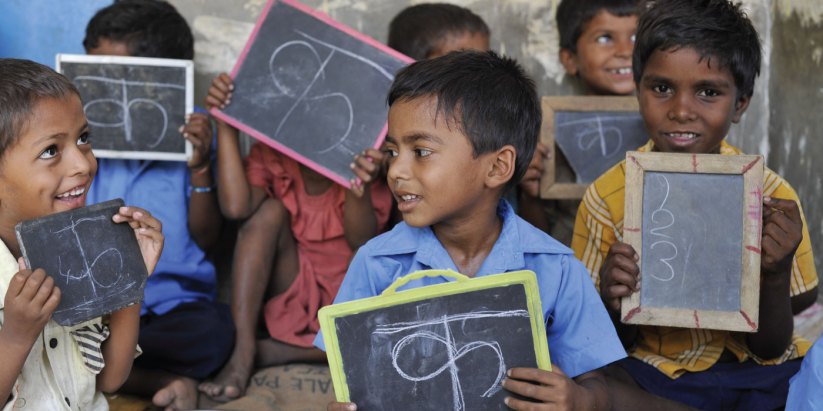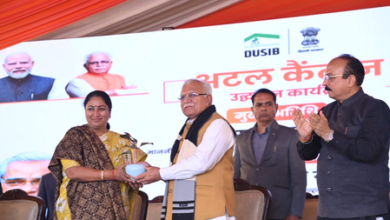NGO’s Humanitarian Think Tank: Under Inevitable Pressure, More Than Meets The Eye.

By D N Singh
Luxury of conviction comes in handy in a world where cynicism greats a broader space. But once one takes the load of responsibility and a moral obligation towards delivery under an intimidating climate, then one knows where the shoe pinches.
Coming straight it can be said that, more often than not, the roles of the Non-Governmental Organisations (NGO) somehow get to be soft targets.
Normally people, instinctively, harp on the financial aspects of a NGO and it falls under a kind of conceptualisation that everything is honkey-dory with a robust monetary succour.
While we allow such presumptions to prevail, normally many other harder realities are ignored. The outreach and the outcomes are something dealt with a shrug off the shoulder.

Seen otherwise, today the NGOs have assumed a significant space in the civil society. It will not be correct to say that, they emerge successful because of weakening structure of the states but, it is a process that only can go ahead while in tandem with each other.
On the outset, it can be said that, no NGO can grow without the basic precept and that is altruism.
And, also, essentially the spirits of voluntarism aimed at promoting human developments.
It requires no mention that, the NGOs have their own parameter of working independently and in majority cases with financial support from the governments.
Their fields are different and roads towards the goals are often very long and arduous.
From the rural sector developments to the awareness building, now many NGOs have undertaken the more daunting task of spreading education, health to the larger issues such as bio-diversity and conservations at a time when climate change has grown to be a worldwide concern.

However, their numbers have grown and according to an estimation in India there are about 31 lakh NGOs, which may be double the number of schools we have in the country.
But with the time their services have become compelling and the fields they have assigned to themselves have grown.
Which requires adequate focus and a self-less philosophy coupled with accountability more towards the people than the people in power.
After substantially accomplishing the Sarva Shikhsa Abhijan, conceived by the central government, spread of awareness towards literacy has surely noticeable. In which the contributions of the NGOs cannot be lost sight of.
Just name it, a NGO can be found there and it is not here but it has been globally an accepted phenomenon.
When the pandemic out-broke, numerous such organisations could be found risking the dangers of the virus making education reaching out to students in most interiors physically (abiding with the SOPs).
Even, they have gone ahead with the modern-day need of playing a role in electoral politics. It is not mere confined to the need of politics but, any organisation engaged in the field does open a space for common men to become opinion makers in a robust democratic set-up, which, technically, is interpreted as psephology, a part of a scientific genre.
Which is one, on the leader-board which reflects the bottom reality for the people and the rulers with a mirror.
As the volunteers of NGOs have the knack to develop a bond with the cause and the concerned entities, it helps in easy implementation and execution of different governmental schemes.
There are a litany of issues that the voluntary outfits play a very reformist roles in. Be it any social evils, need of education, and a relentless drive against ‘Sati’ to child marriage, black magic to Kangaroo courts, the list is longer than this space allows.
And under the conditions they work on the ground usually remain away from the public gaze and even the media tends to sidestep such aspects.
It can be sensible if our general notions about voluntary organisations are let to get marinated in the painstakingness on the ground, then it can be more informative and may be more comprehensible.







